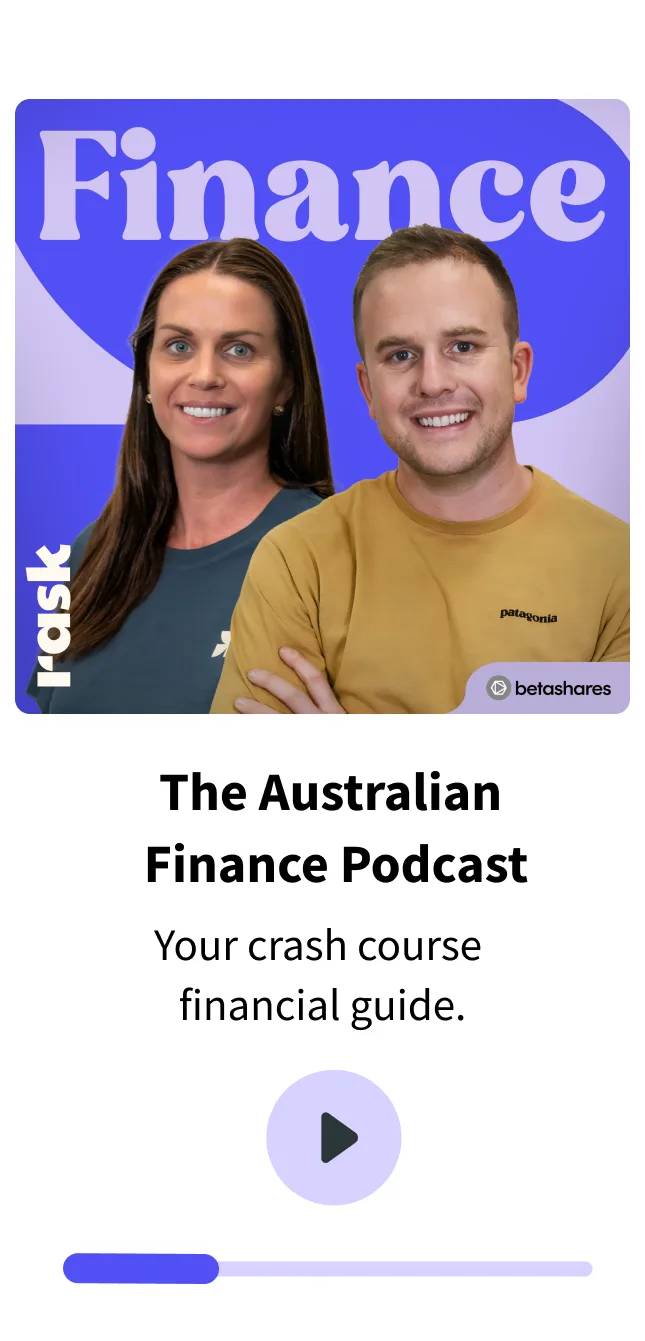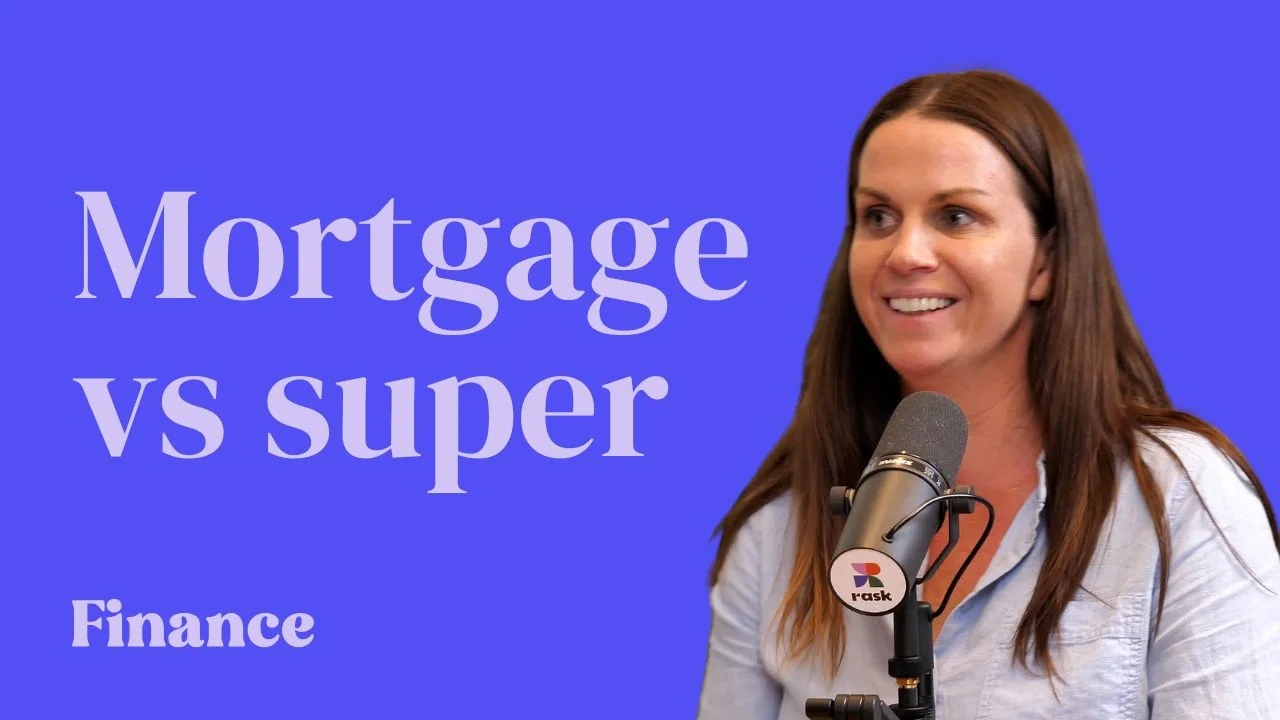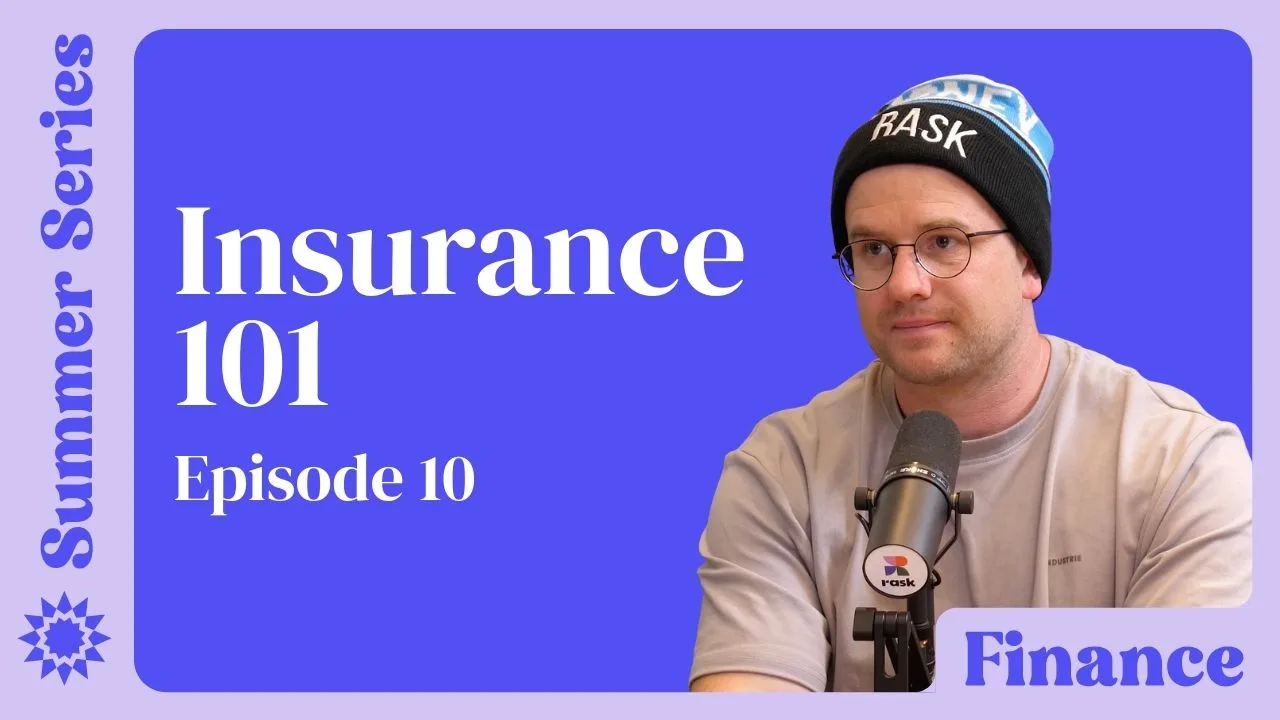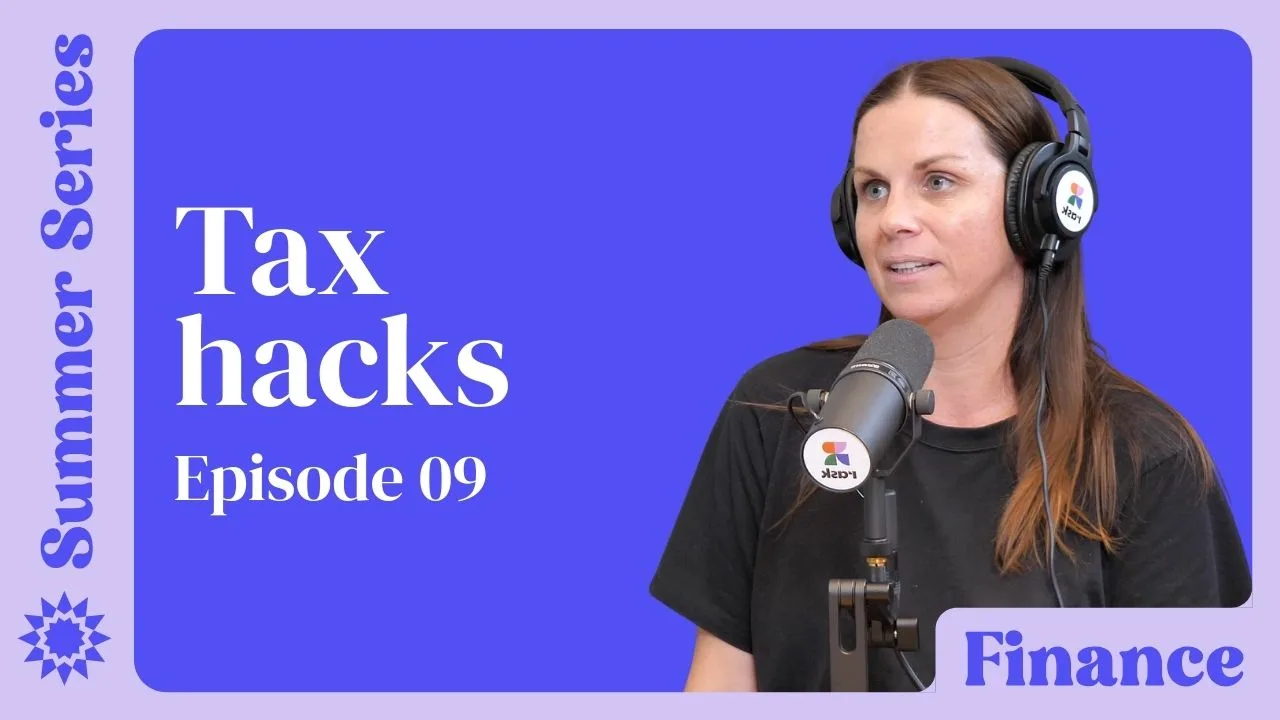Tom Wickenden from Betashares joins Owen Rask on this Australian Finance Podcast to explain factor investing, the differences between index ETFs and “smart beta”, and walk us through the Betashares Australian Quality ETF (ASX: AQLT).
You’ll love this episode about ETFs if you want to elevate your knowledge of ETFs or discover how to use Australian share ETFs that aren’t “vanilla” index funds like Betashares Australia 200 ETF (ASX: A200).
Podcast talking points with Tom Wickenden from Betashares
Ice breakers
- Tom, what’s been your best investment?
- If you had to pick between the BetaShares Australia 200 ETF (ASX: A200) and an investment in gold (say, the Betashares Currency Hedged Gold ETF (ASX: QAU)) over 10 years, which would you choose and why?
- Which financial book or podcast has left the biggest impression on the way you think about good investing?
Foundational ETF knowledge
Owen to introduce the idea of a ETF via a favourites analogy and tie that into the A200 ETF.
Tom, over the long-run, “vanilla” flavoured index fund ETFs like A200 have performed exceptionally well. Investing in the largest companies, then watching new companies naturally cycle up, has been a proven strategy. Why do you think “index” ETFs do so well?
Smart Beta ETFs
Some of our intermediate and advanced listeners have heard us use the term, “smart beta”. How is this different from index investing? Examples will help.
If things like A200, or NDQ even, have done so well, why would investors choose to use smart indexing over broader index strategies?
I was looking at some of my favourite companies in Australia – WiseTech, Pro Medicus, ResMed, Cochlear, etc. – and noticed many of these stocks have done incredibly well recently while things like resources stocks have struggled. Which factors are gaining the most popularity right now and why?
Betashares Quality Australian Shares ETF (ASX: AQLT)
Let’s talk about the Betashares Australian Quality ETF. What does the AQLT ETF offer investors and what are some examples of how it differs from the broader index?
What are the three factors AQLT uses to determine what is, or is not, a quality company?
When a lot of people think of ‘quality’ companies to invest in, they think of Apple, Microsoft, NVIDIA, etc. Rarely, do they think of Aussie stocks. Do you think there a myth to be busted around the lack of ‘quality’ stocks on the ASX?
What are some examples of the companies people get exposure to with this AQLT?
Bold prediction
Tom, we might end with a bold prediction. If you could pick one sector of the Australian market to be rivalling the banks – or bigger – in 20 years from now, what would it be?





